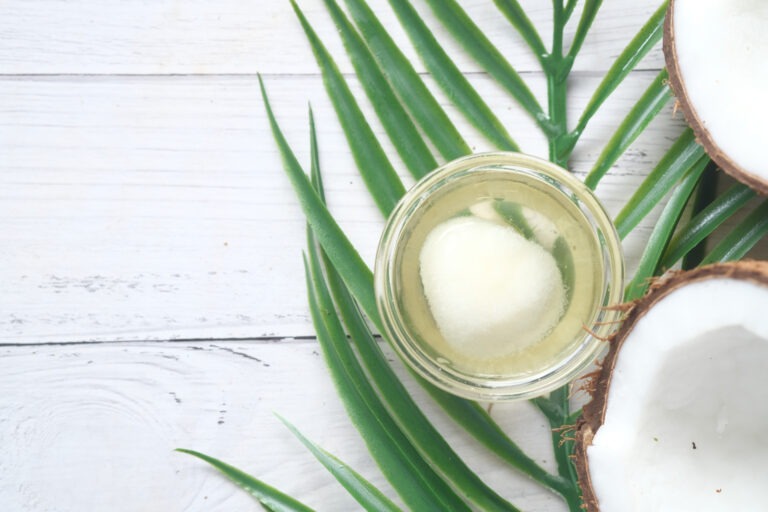The journal article “The Effect of Coconut Oil Consumption on Cardiovascular Risk Factors” published in Circulation is flawed and demonstrates clear bias.
Some key points to consider:
- The paper only focused on changes in LDL-C levels, but ignored whether the resulting LDL-X levels were unhealthy—they were not. Consumption of coconut oil did not result in unhealthy levels of LDL-C.
- They did not mention any role of particle size of LDL on cardiovascular risk factors. It is established that small dense LDL is atherogenic while large LDL particles are not. Saturated fat increases large LDL particles while carbohydrates increase dense (small) LDL particles.
- Moreover, LDL changes via diet have shown no correlation with CVD outcomes, which is very different than LDL changes with drugs. (Source: WHO draft guidelines on dietary saturated and trans fatty acids: time for a new approach?, BMJ 2019;366:l4137 doi: 10.1136/bmj.l4137)
- Mensik et al (2003) concluded that effects of these fats on risk factors alone should not be considered to reflect changes in risk but should be confirmed by prospective observational studies or clinical trials. Robinson et al. (2019) observed the augmented popliteal flow mediated dilatation response in the VCO supplement group indicating that short-term VCO supplementation improves vascular endothelial function in young, healthy adults. Vascular endothelial function impairment is a stronger risk factor for heart disease. (Source: Mensik RP, Zock PL, Kester ADM, Katan MB (2003): Effects of dietary fatty acids and carbohydrates on the ratio of serum total to HDL cholesterol and on serul lipids and apolipoproteins: a Meta analysis of 60 controlled trials. AJCN, 77:1146-55)
- Coconut oil in these studies did increase HDL-C which was downplayed.
- The studies that were included mixed healthy and unhealthy populations (i.e. apples to oranges) without considering the differences in their health and physiological conditions
- A number of Asian and Pacific Island populations consume significant amounts of their calories from coconuts, and these populations have a low incidence of heart disease and atherosclerosis.
- In discussions, the authors did not mention recent data from large scale trials (Sydney Heart study and Minnesota Coronary Care Study) which show replacement of saturated fat with linoleic acid (nontropical oil) reduces cholesterol but increases mortality.
- Missing data was substituted by calculated data based on statistical methods. Statistical methods are based on assumptions, so all these calculations have compounded potential of errors.
The bottom line: As noted at the beginning, there is bias in this work, it ignores emerging science that challenges the relationship between elevated LDL and CVD risk, it totally ignores the positive HDL results, and is a mishmash of studies with different population sets, health conditions, health outcomes and clinical trial conditions. It also only analyzes a fraction of the total studies out there. This analysis does not alter coconut oil’s safety profile in the slightest. Coconut oil should continue to be a household staple.
Please contact info AT coconutcoalition DOT org with any questions.

